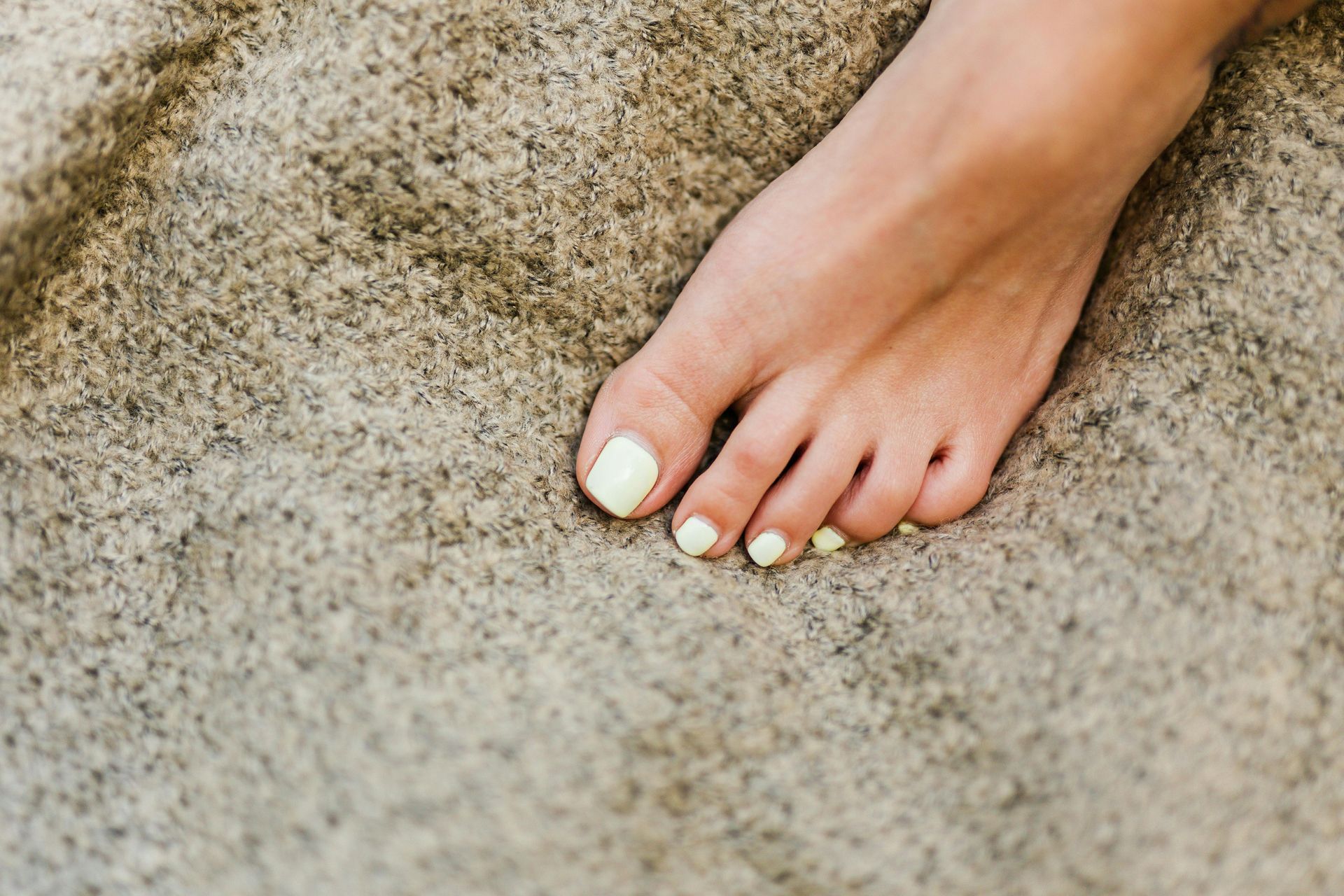The Truth About Superfoods
Jane Arlow • June 5, 2020
Spoiler Alert! There's no such thing!
Even in my “day job” (or as Mr A refers to it my “proper job”), I still get to focus on health and well being as the lead for our group Health & Wellness program. And, as I work for a food company, I also have the benefit of access to our nutrition team.
We’ve recently run a couple of myth-busting workshops to give our colleagues the scoop on all those myths about food. And, following on from my last blog on the myth of the saggy belly, I’d love to share a couple of those with you.
Myth 1 – Organic food is better/ healthier for you and more sustainable for the environment.
Estimates indicate that the organic food industry in Europe had a retail sales value of over €29 billion in 2015 and that consumer perception is that organic is better for you.
Organic food is the product of a farming system that avoids the use of man-made fertilisers, pesticides; growth regulators and livestock feed additives. Irradiation and the use of genetically modified organisms (GMOs) or products produced from or by GMOs are generally prohibited by organic legislation.
Organic agriculture is a systems approach to production that is working towards environmentally, socially and economically sustainable production. Instead, the agricultural systems rely on crop rotation, animal and plant manures, some hand weeding and biological pest control.
But is it better for you?
There is no evidence that eating organic foods makes a significant positive difference to your health in comparison to non-organic foods. A review of over 150 studies analysing organic foods concluded that there is no significant difference between the nutrient contents of organic foods compared to conventional foods.
BUSTED! Organic food is NOT healthier!
There are arguments that it might even be less sustainable than conventional farming because organic farming produces a significantly lower yield than conventional farming for the same land space.
Myth 2 – “Superfoods”
Ah, another “superfood” story. They’re right up there with my favourite “melt belly fat with this exercise”
stories!!
The term ‘superfoods’ has been popularised by the media, implying particular foods have ‘super’ properties including anti-aging, weight loss and cancer prevention or even curing cancer (a particularly insidious set of claims imho!).
Foods that have been implied as 'superfoods' include:
• Blueberries
• Green Tea
• Chia Seeds
• Kale
BUSTED! “Superfoods” do not exist!
No single food can eliminate disease risk despite all other genetic and environmental factors.
Using this term is unsubstantiated, irresponsible and banned in the EU (yeah OK, we're not a member anymore, but still).
So, yes, please go ahead and eat the blueberries, kale AND the chia seeds, but don't forget that everything you eat matters. The true key to a healthy diet is variety & balance.










